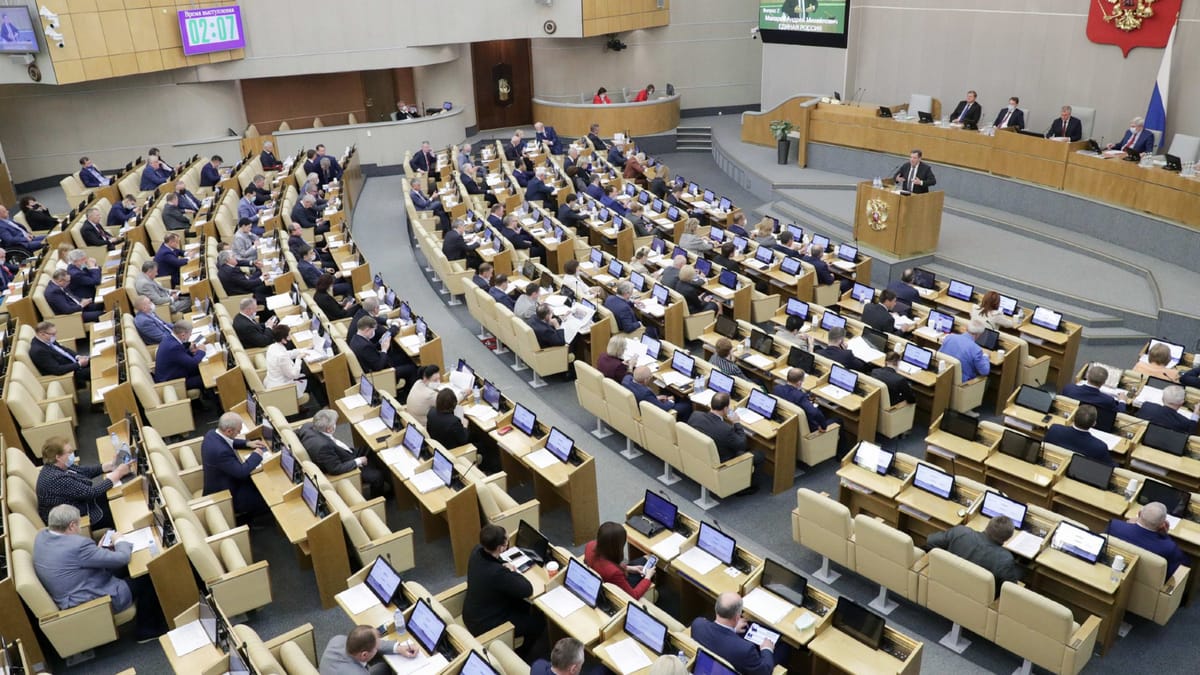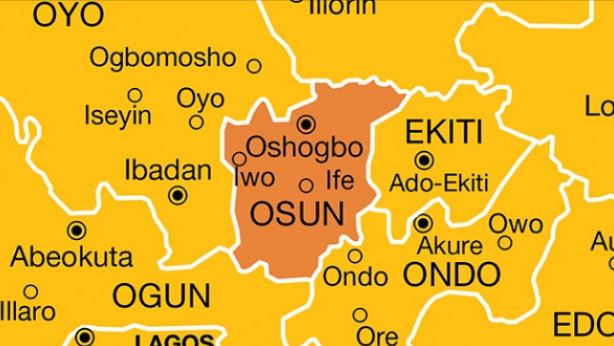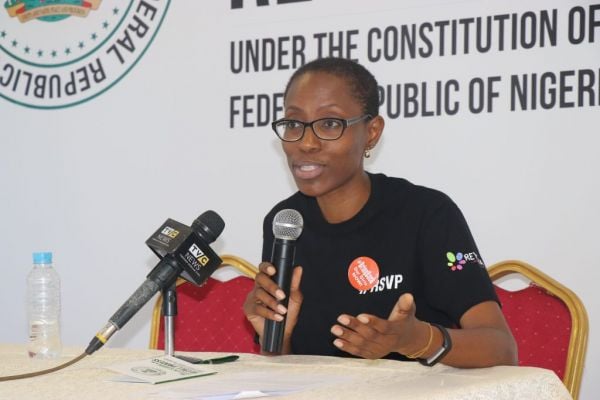Photo: www.duma.gov.ru
Russia’s Duma, the lower house of parliament, has approved a bill extending a ban on what it terms “gay propaganda”.
The first ban was implemented in 2013.
Under the new bill seeking an amendment to the 2013 law, any action or information that is considered an attempt to promote homosexuality — whether in public, online, or in films, books or advertising — could attract heavy penalty.
BBC reports that the bill was approved by 397 votes to none in the Duma.
Advertisement
For the bill to be formally signed into law, it would first pass through Russia’s upper house of parliament before being forwarded to President Vladimir Putin for final approval.
Putin has been very vocal about his position on gay rights.
In 2020, he said he would not allow the traditional notion of mother and father to be subverted by what he called “parent number 1” and “parent number 2”.
Advertisement
“As far as ‘parent number 1’ and ‘parent number 2’ goes, I’ve already spoken publicly about this and I’ll repeat it again. As long as I’m president, this will not happen. There will be dad and mum,” Putin said.
In a speech celebrating the annexation of four Ukrainian regions, the Russian president accused the West of “moving towards open Satanism”, citing the promotion of gay and transgender rights in Europe as an example.
“Do we want children from elementary school to be imposed with things that lead to degradation and extinction?” Putin asked.
“Do we want them to be taught that instead of men and women, there are supposedly some other genders and to be offered sex-change surgeries?”
Advertisement
Under the bill, advertising, books and films with positive presentations of LGBTQ people will be banned.
With the proposed legislation, discussions online about LGBTQ topics can be blocked and the sale of goods with LGBTQ slogans or symbols would also be prohibited.
Offenders risk a fine of up to 400,000 rubles ($6,600), while companies could pay up to 5 million rubles ($82,100).
Foreigners can be arrested for up to 15 days or deported, according to the bill.
Advertisement
Human rights activists, public officials, and other members of the international community have since raised concerns about the bill’s restrictions.
Reacting to the development in a tweet, Antony Blinken, US secretary of state, criticised it as a “blow to freedom of expression”.
Advertisement
The proposed expansion of Russia’s ban on information regarding LGBTQI+ issues would be another serious blow to freedom of expression and the human rights of LGBTQI+ persons in Russia. We urge Russian lawmakers to withdraw the bill and respect the human rights and dignity of all.
— Secretary Antony Blinken (@SecBlinken) November 24, 2022
Advertisement
In response, Russia is said to have nicknamed the law “Answer to Blinken”.
Advertisement
Add a comment






